GOVT TO MODIFY COVID-19 QUARANTINE GUIDELINES
입력 2020.06.25 (15:49)
수정 2020.06.26 (08:31)
읽어주기 기능은 크롬기반의
브라우저에서만 사용하실 수 있습니다.
[Anchor Lead]
To prepare for shortages of hospital beds and medial staff amidst the prolonged COVID-19 pandemic, the government has decided to modify the guidelines for lifting quarantine for those infected with the coronavirus. Discerning between patients who need hospitalization urgently and those who don't has become essential in order to prevent the collapse of the health care system before a vaccine or treatment is developed.
[Pkg]
Back in March three Daegu and Gyeongsangbuk-do residents infected with COVID-19 eventually passed away in their homes before they were hospitalized. It happened because hospitals were full to capacity, as all COVID-19 patients, regardless of the severity of their condition, were hospitalized. Quarantine authorities are concerned that more patients requiring intensive treatment may fall victim to the coronavirus due to a shortage of hospital beds.
[Soundbite] BANG JI-HWAN(NATIONAL MEDICAL CENTER'S CENTRAL CLINICAL COMMITTEE) : "If the health care system collapses, it will have catastrophic results, more serious than the absence of a treatment."
To prevent this from happening, doctors will be allowed to classify patients according to the severity of their symptoms. High-risk patients who are severely obese, 65 or older, have diabetes, dementia, unstable blood pressure and breathing or decreased consciousness will be hospitalized first. State-designated and tertiary hospitals with isolation wards will treat high-risk patients, while other designated medical centers or regular clinics will be in charge of patients with light symptoms. Patients who meet the criteria for lifting quarantine but don't have guardians to monitor if their condition becomes worse again will be sent to quarantine centers instead of their homes. Those who refuse to relocate to other hospitals or wards at the instruction of their doctors or local governments as well as those who refuse to enter quarantine centers will have to pay 100 percent of their medical bills.
[Soundbite] JUNG EUN-KYEONG(KOREA CENTERS FOR DISEASE CONTROL AND PREVENTION) : "Before a vaccine or other solution is developed, we have to control the spread of COVID-19 with our health care, quarantine and social systems as much as we can."
Quarantine authorities believe the second wave of COVID-19 has already begun in the Seoul metropolitan area. Therefore, overhauling the health care system before the virus spreads further in fall and winter is urgent.
To prepare for shortages of hospital beds and medial staff amidst the prolonged COVID-19 pandemic, the government has decided to modify the guidelines for lifting quarantine for those infected with the coronavirus. Discerning between patients who need hospitalization urgently and those who don't has become essential in order to prevent the collapse of the health care system before a vaccine or treatment is developed.
[Pkg]
Back in March three Daegu and Gyeongsangbuk-do residents infected with COVID-19 eventually passed away in their homes before they were hospitalized. It happened because hospitals were full to capacity, as all COVID-19 patients, regardless of the severity of their condition, were hospitalized. Quarantine authorities are concerned that more patients requiring intensive treatment may fall victim to the coronavirus due to a shortage of hospital beds.
[Soundbite] BANG JI-HWAN(NATIONAL MEDICAL CENTER'S CENTRAL CLINICAL COMMITTEE) : "If the health care system collapses, it will have catastrophic results, more serious than the absence of a treatment."
To prevent this from happening, doctors will be allowed to classify patients according to the severity of their symptoms. High-risk patients who are severely obese, 65 or older, have diabetes, dementia, unstable blood pressure and breathing or decreased consciousness will be hospitalized first. State-designated and tertiary hospitals with isolation wards will treat high-risk patients, while other designated medical centers or regular clinics will be in charge of patients with light symptoms. Patients who meet the criteria for lifting quarantine but don't have guardians to monitor if their condition becomes worse again will be sent to quarantine centers instead of their homes. Those who refuse to relocate to other hospitals or wards at the instruction of their doctors or local governments as well as those who refuse to enter quarantine centers will have to pay 100 percent of their medical bills.
[Soundbite] JUNG EUN-KYEONG(KOREA CENTERS FOR DISEASE CONTROL AND PREVENTION) : "Before a vaccine or other solution is developed, we have to control the spread of COVID-19 with our health care, quarantine and social systems as much as we can."
Quarantine authorities believe the second wave of COVID-19 has already begun in the Seoul metropolitan area. Therefore, overhauling the health care system before the virus spreads further in fall and winter is urgent.
■ 제보하기
▷ 카카오톡 : 'KBS제보' 검색, 채널 추가
▷ 전화 : 02-781-1234, 4444
▷ 이메일 : kbs1234@kbs.co.kr
▷ 유튜브, 네이버, 카카오에서도 KBS뉴스를 구독해주세요!
- GOVT TO MODIFY COVID-19 QUARANTINE GUIDELINES
-
- 입력 2020-06-25 15:45:15
- 수정2020-06-26 08:31:55

[Anchor Lead]
To prepare for shortages of hospital beds and medial staff amidst the prolonged COVID-19 pandemic, the government has decided to modify the guidelines for lifting quarantine for those infected with the coronavirus. Discerning between patients who need hospitalization urgently and those who don't has become essential in order to prevent the collapse of the health care system before a vaccine or treatment is developed.
[Pkg]
Back in March three Daegu and Gyeongsangbuk-do residents infected with COVID-19 eventually passed away in their homes before they were hospitalized. It happened because hospitals were full to capacity, as all COVID-19 patients, regardless of the severity of their condition, were hospitalized. Quarantine authorities are concerned that more patients requiring intensive treatment may fall victim to the coronavirus due to a shortage of hospital beds.
[Soundbite] BANG JI-HWAN(NATIONAL MEDICAL CENTER'S CENTRAL CLINICAL COMMITTEE) : "If the health care system collapses, it will have catastrophic results, more serious than the absence of a treatment."
To prevent this from happening, doctors will be allowed to classify patients according to the severity of their symptoms. High-risk patients who are severely obese, 65 or older, have diabetes, dementia, unstable blood pressure and breathing or decreased consciousness will be hospitalized first. State-designated and tertiary hospitals with isolation wards will treat high-risk patients, while other designated medical centers or regular clinics will be in charge of patients with light symptoms. Patients who meet the criteria for lifting quarantine but don't have guardians to monitor if their condition becomes worse again will be sent to quarantine centers instead of their homes. Those who refuse to relocate to other hospitals or wards at the instruction of their doctors or local governments as well as those who refuse to enter quarantine centers will have to pay 100 percent of their medical bills.
[Soundbite] JUNG EUN-KYEONG(KOREA CENTERS FOR DISEASE CONTROL AND PREVENTION) : "Before a vaccine or other solution is developed, we have to control the spread of COVID-19 with our health care, quarantine and social systems as much as we can."
Quarantine authorities believe the second wave of COVID-19 has already begun in the Seoul metropolitan area. Therefore, overhauling the health care system before the virus spreads further in fall and winter is urgent.
To prepare for shortages of hospital beds and medial staff amidst the prolonged COVID-19 pandemic, the government has decided to modify the guidelines for lifting quarantine for those infected with the coronavirus. Discerning between patients who need hospitalization urgently and those who don't has become essential in order to prevent the collapse of the health care system before a vaccine or treatment is developed.
[Pkg]
Back in March three Daegu and Gyeongsangbuk-do residents infected with COVID-19 eventually passed away in their homes before they were hospitalized. It happened because hospitals were full to capacity, as all COVID-19 patients, regardless of the severity of their condition, were hospitalized. Quarantine authorities are concerned that more patients requiring intensive treatment may fall victim to the coronavirus due to a shortage of hospital beds.
[Soundbite] BANG JI-HWAN(NATIONAL MEDICAL CENTER'S CENTRAL CLINICAL COMMITTEE) : "If the health care system collapses, it will have catastrophic results, more serious than the absence of a treatment."
To prevent this from happening, doctors will be allowed to classify patients according to the severity of their symptoms. High-risk patients who are severely obese, 65 or older, have diabetes, dementia, unstable blood pressure and breathing or decreased consciousness will be hospitalized first. State-designated and tertiary hospitals with isolation wards will treat high-risk patients, while other designated medical centers or regular clinics will be in charge of patients with light symptoms. Patients who meet the criteria for lifting quarantine but don't have guardians to monitor if their condition becomes worse again will be sent to quarantine centers instead of their homes. Those who refuse to relocate to other hospitals or wards at the instruction of their doctors or local governments as well as those who refuse to enter quarantine centers will have to pay 100 percent of their medical bills.
[Soundbite] JUNG EUN-KYEONG(KOREA CENTERS FOR DISEASE CONTROL AND PREVENTION) : "Before a vaccine or other solution is developed, we have to control the spread of COVID-19 with our health care, quarantine and social systems as much as we can."
Quarantine authorities believe the second wave of COVID-19 has already begun in the Seoul metropolitan area. Therefore, overhauling the health care system before the virus spreads further in fall and winter is urgent.
이 기사가 좋으셨다면
-
좋아요
0
-
응원해요
0
-
후속 원해요
0










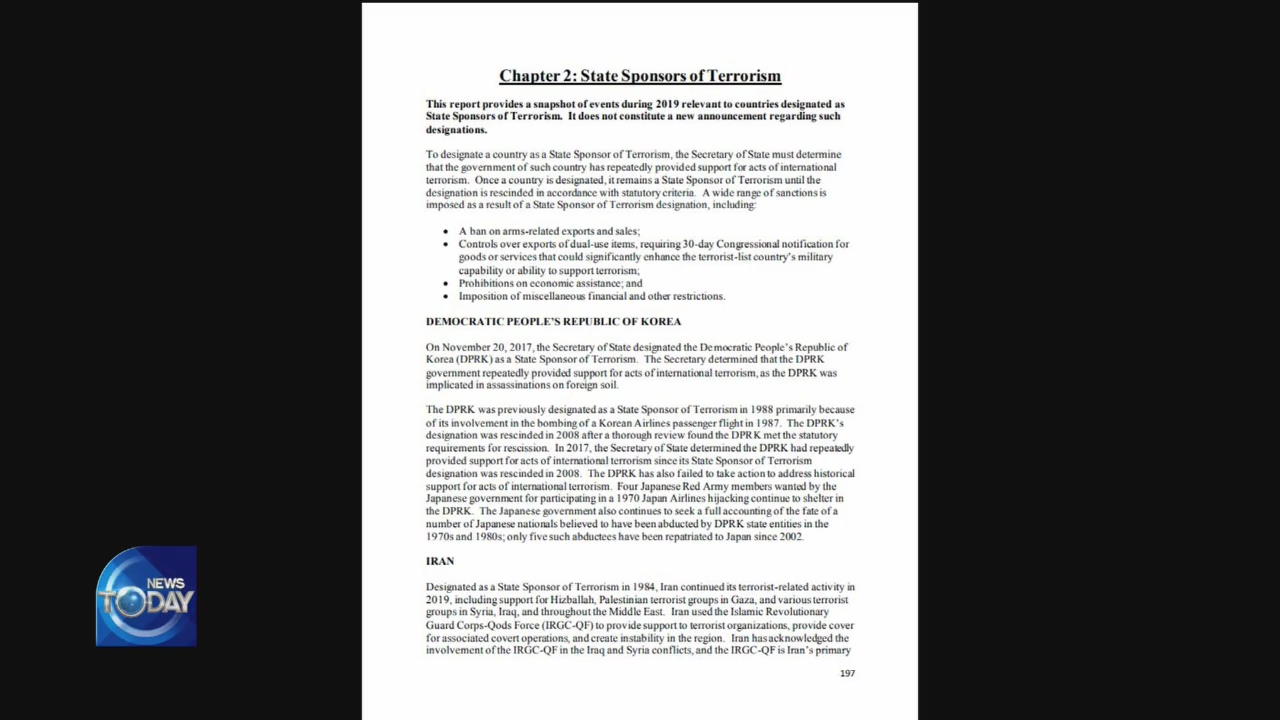
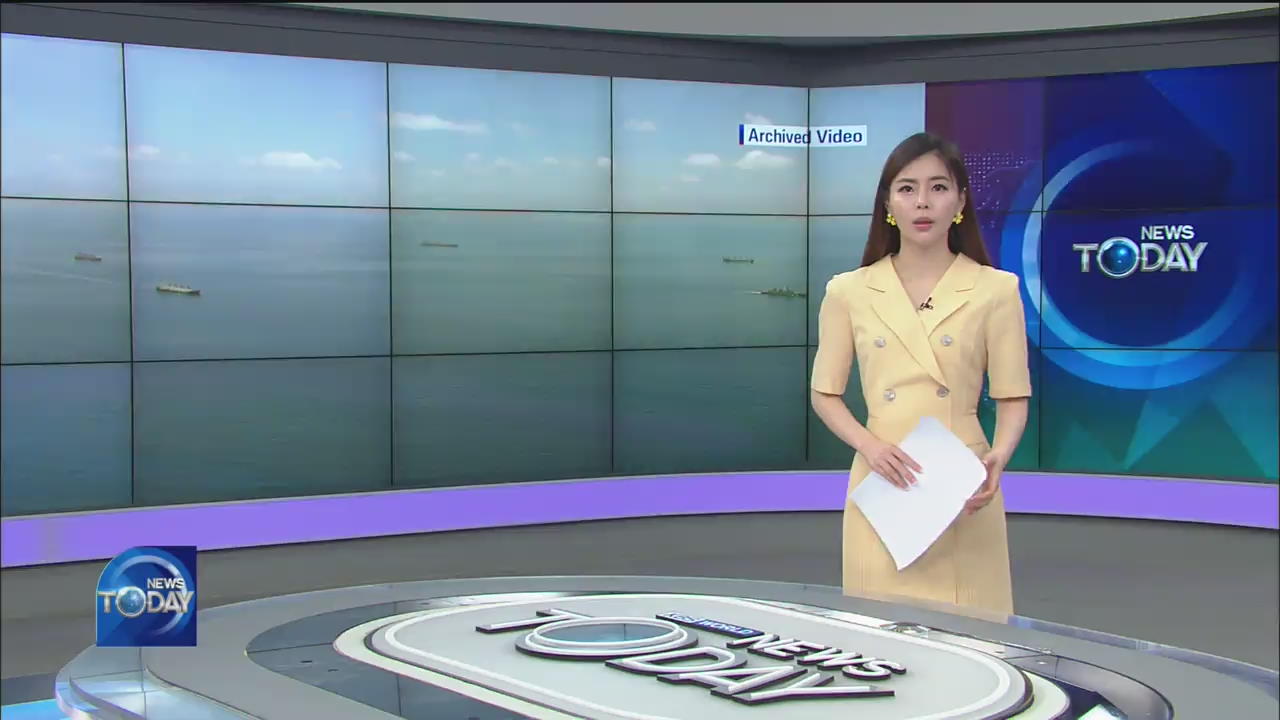
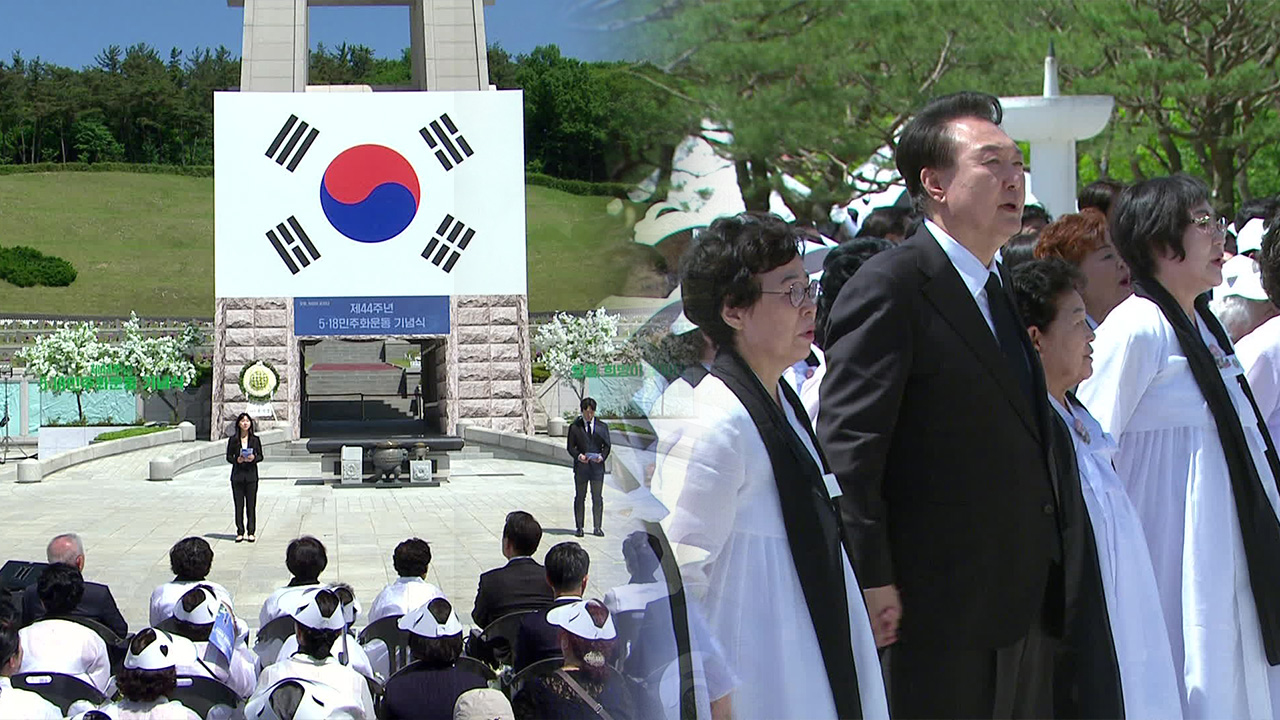
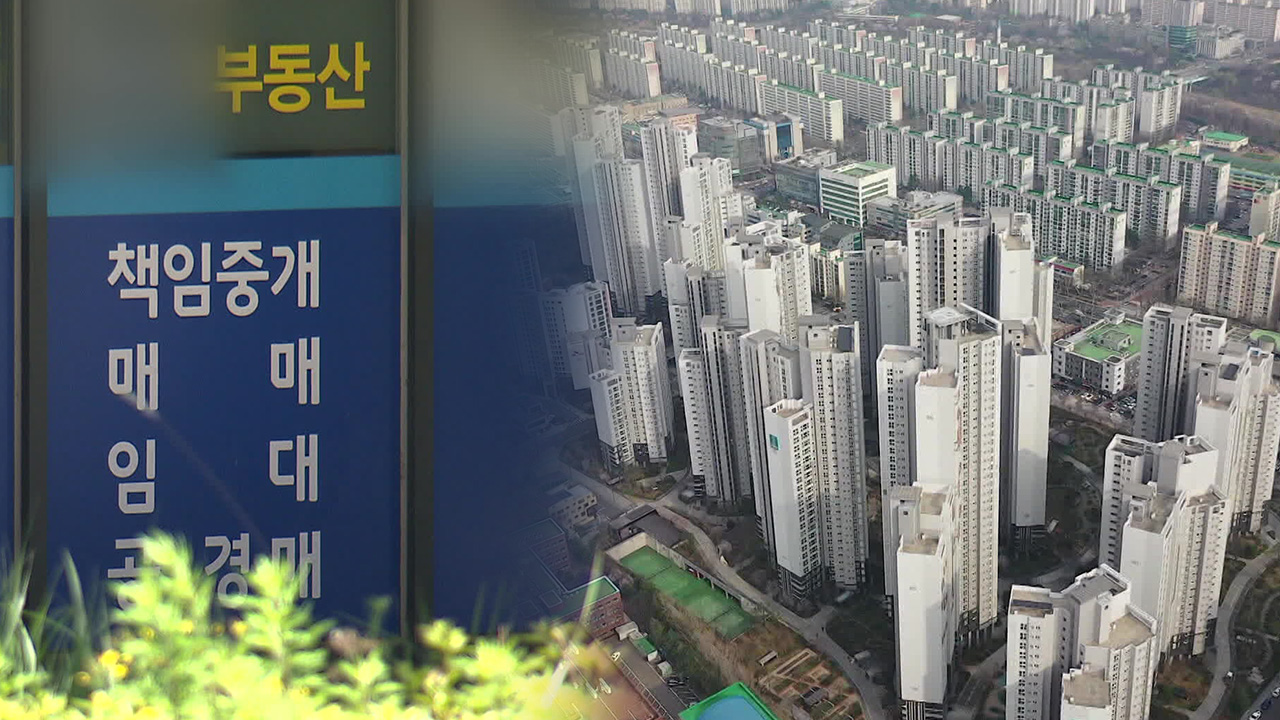
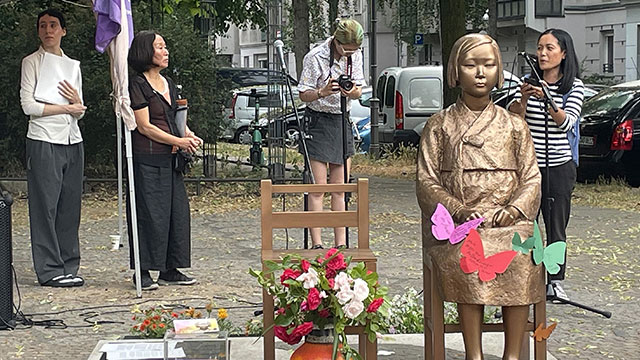
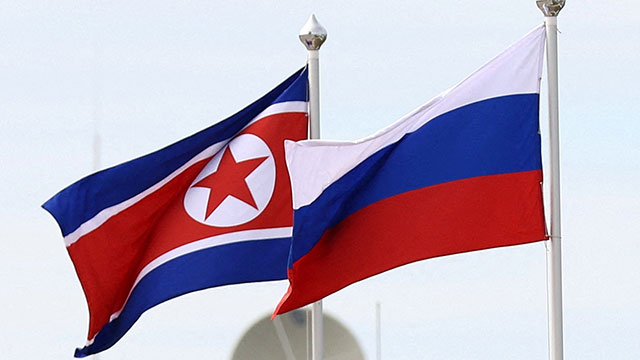

이 기사에 대한 의견을 남겨주세요.